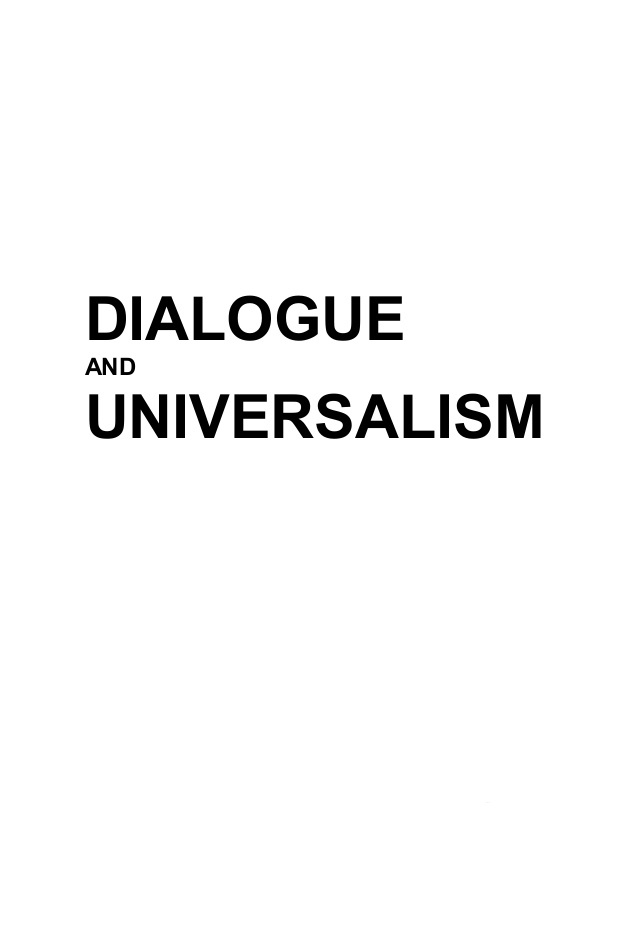ON THE MODERN AND POSTMODERN PARADIGMS OF IDEOLOGY AND SOCIAL CRITICISM
ON THE MODERN AND POSTMODERN PARADIGMS OF IDEOLOGY AND SOCIAL CRITICISM
Author(s): Andrzej KaralusSubject(s): Philosophy, Social Philosophy
Published by: Instytut Filozofii i Socjologii Polskiej Akademii Nauk
Keywords: ideology; critical consciousness; social criticism; anti-fundamentalism; modern and postmodern paradigms
Summary/Abstract: The article takes on the problem of ideology, critical consciousness and social criti-cism and distinguishes two distinct ways of thematizing it. The first approach is develo-ped within the post-Hegelian framework. According to this paradigm, critique of ideo-logy is a means of transgressing the antagonistic forms of socialization and emancipa-ting humanity from the false forms of consciousness and corresponding irrational and oppressive social institutions. The postmodern paradigm questions two basic assump-tions of the modern approach: firstly, it denies that there exists a possibility to find pure-ly rational and universal contexts, where ideological shackles could be exposed and thrown away; secondly, it rejects the idea that we can rely on the concept of self-awareness or critical reflection as informing our action and elevating our understanding of the social being to the higher level (self-enlightenment model), for critical consciou-sness has no direct consequences. While portraying the postmodern paradigm, Stanley Fish’s views, considered exemplary to the postmodern rendition of the problem of ideo-logy, will be discussed in a more detailed manner. In the final section of the article a provisional attempt is being made to elucidate what is the task of social criticism with-in the postmodern paradigm.
Journal: Dialogue and Universalism
- Issue Year: 2016
- Issue No: 2
- Page Range: 81-98
- Page Count: 18
- Language: English
- Content File-PDF

